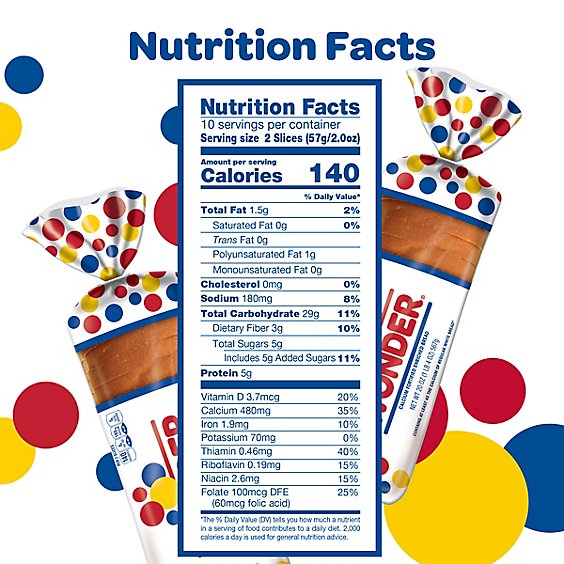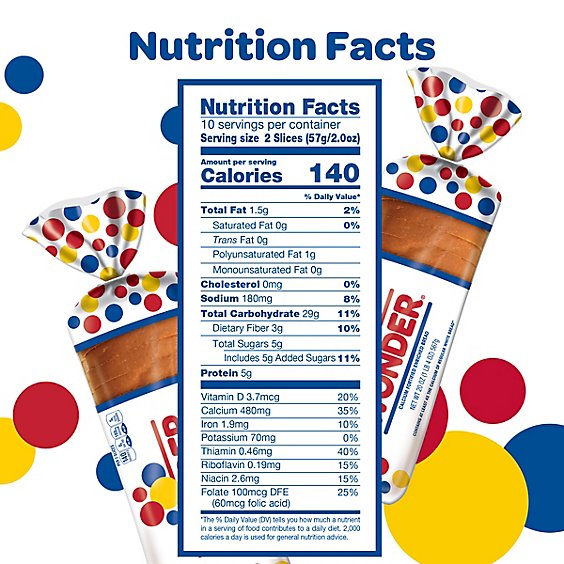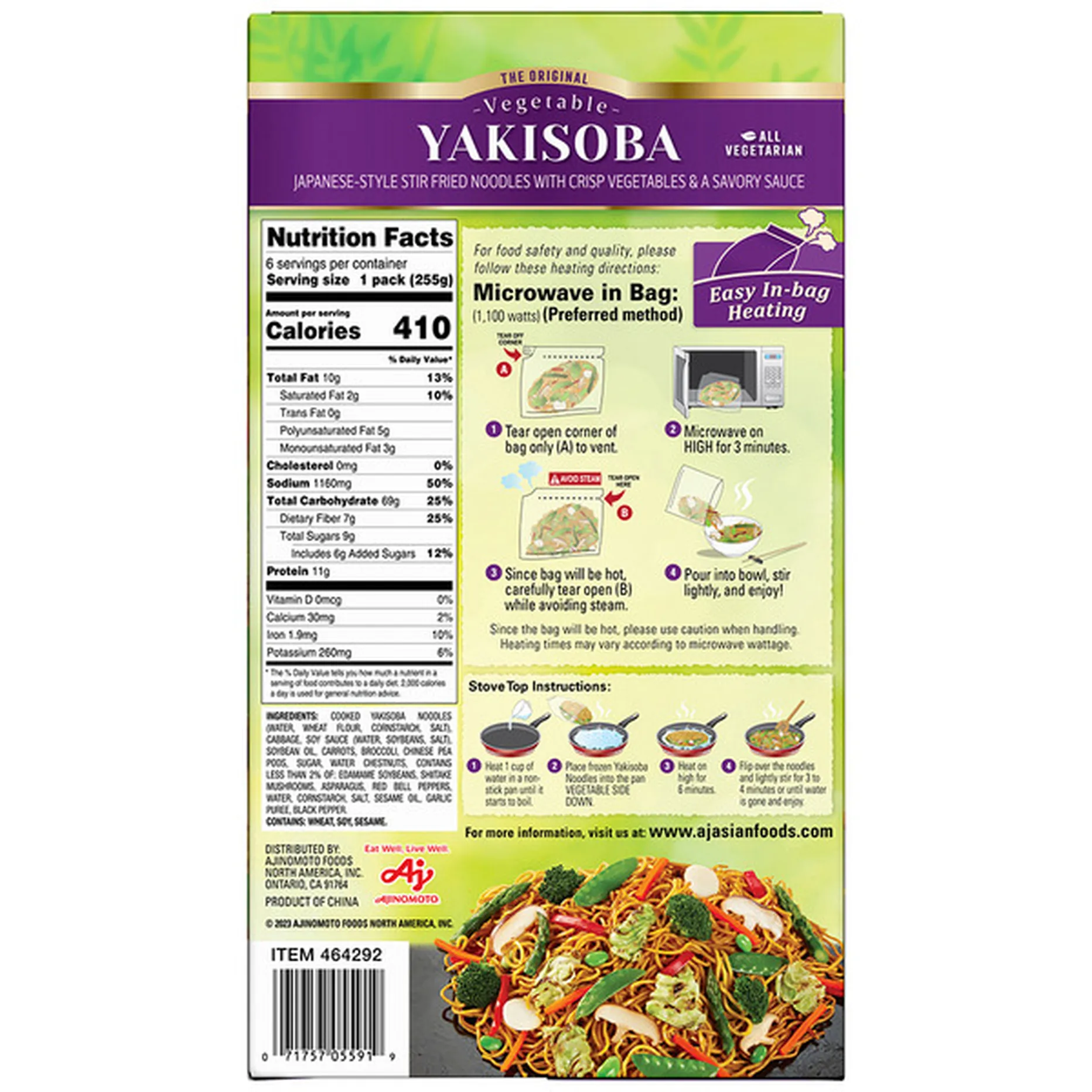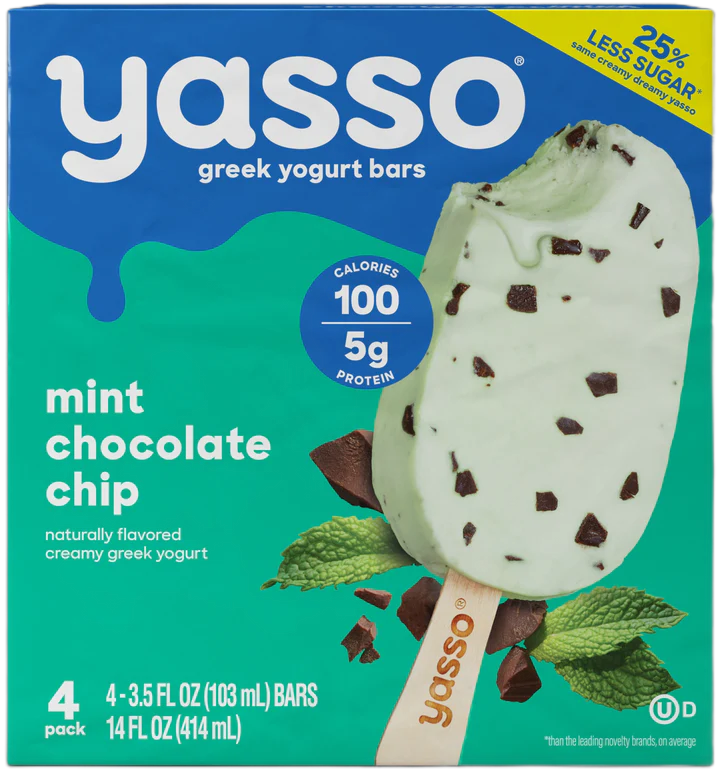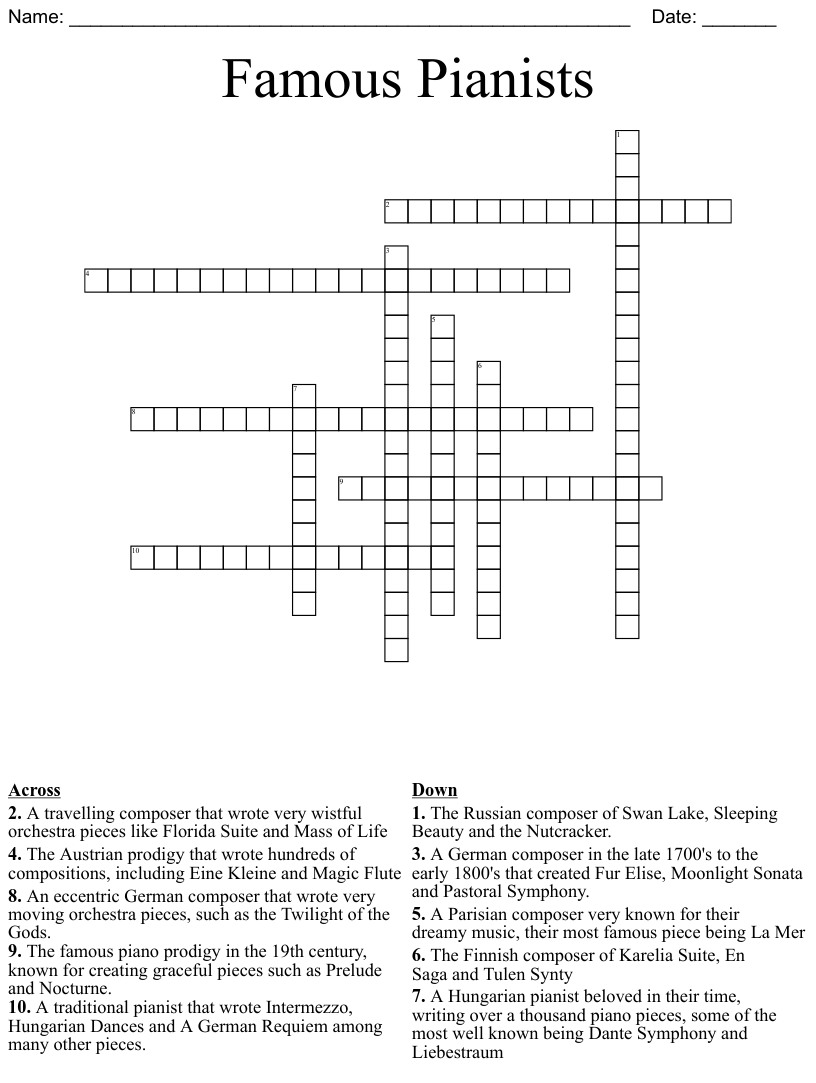
The answer to the pianists exercises crossword clue is often “etudes”. These technical pieces challenge and develop a pianist’s skill.
Piano players constantly seek to enhance their technique and musical expression. Etudes, a term derived from the French word for ‘study’, are compositions specifically crafted to refine various aspects of piano playing. These exercises can tackle anything from finger agility and strength to expressive phrasing and dynamic control.
World-renowned composers like Chopin and Liszt have contributed some of the most celebrated etudes, which remain staples in pianists’ repertoires for both practice and performance. Engaging with these musical workouts not only polishes a pianist’s prowess but also expands their interpretive depth, ensuring they’re equipped for the diverse demands of classical and contemporary music.
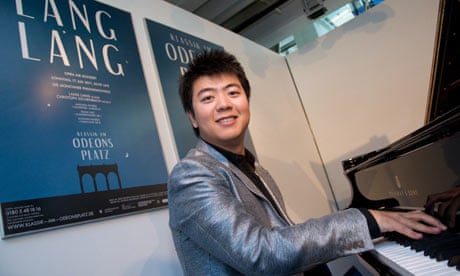
Credit: www.theguardian.com
The Art Of Piano Warm-ups
Mastering the piano needs more than just passion. It begins with perfecting the basics of hand movements and understanding the significance of warm-ups. They prepare the fingers for a spectacular musical journey.
Key Importance Of Dexterity
A pianist’s agility is a cornerstone of musical excellence. Daily dexterity exercises enable pianists to glide across keys with precision and speed. Such drills typically involve:
- Repertoire pieces: They incorporate complex finger patterns found in compositions.
- Scales and arpeggios: They build speed and finger independence.
- Hanon exercises: They boost endurance and versatility.
Consistent practice of these exercises translates into fluent and more expressive performances.
Finger Flexibility Fundamentals
Finger flexibility is key for smooth transitions and reducing strain. Pianists often use specific techniques to enhance this aspect:
- Finger stretching: Warming up muscles before intense practice sessions.
- Contrary motion practice: Training hands to move independently.
- Czerny exercises: Targeting finger strength and precision.
Focused exercises not only improve flexibility but also prevent injuries. Embrace these methods for a well-rounded pianistic technique.
Crossword Puzzles And Mental Agility
Crossword Puzzles and Mental Agility are like a gym for the brain, especially for pianists who rely on sharp cognitive abilities. Engaging in puzzles can be a delightful challenge that tunes the mind much like well-composed music. Let’s explore how.
Boosting Cognitive Function
Engaging regularly in crossword puzzles is a brilliant workout for the brain. Pianists benefit from increased problem-solving skills and improved thought processes.
- Enhances reasoning skills
- Promotes quick-thinking abilities
- Improves concentration and focus
Memory Enhancement Techniques
Memory is critical for pianists to perform flawlessly. Crossword puzzles can significantly aid in strengthening this vital skill.
- Encourages retention of task-relevant information
- Boosts recall speed, aiding in performance under pressure
- Helps in learning new music pieces efficiently
These exercises are not just for keeping the mind in tune, but they also bring joy and satisfaction with every puzzle solved.
Designing The Perfect Pianist’s Crossword
Introduction
Are you a pianist with a love for crosswords? Dive into the world of pianist’s crossword puzzles! Challenge your musical knowledge and word skills simultaneously. Revel in clues that resonate with your hours of practice and performance. Discover the joy of puzzles made just for melodious minds.
Marrying Music with Word Play
Marrying Music With Word Play
Crafting the perfect pianist’s crossword involves a harmonious blend of music theory and linguistic fun. Picture the grid as your keys and every clue, a note in a magnificent sonata. Clues range from dynamics to famous composers. Embark on a musical adventure with each word you find!
- Composer names become answers to unlock.
- Find terms like crescendo and allegro hidden in the grid.
- Piano parts or scale types can be the key to solving it.
Level of Difficulty: Easy to Expert
Level Of Difficulty: Easy To Expert
Our crossword grows with you from your first scales to concertos. Start with easy clues about key signatures and progress. Face expert-level enigmas about classical pieces and exotic scales. See the table below for the difficulty array.
| Level | Features |
|---|---|
| Easy | Basic terminology, simple rhythms |
| Intermediate | Famous works, recognisable composers |
| Expert | Obscure historical facts, advanced theory |
Each level captures a unique aspect of piano mastery. Enjoy conquering each stage with the joy and determination that comes with learning a new piece!

Credit: www.nytimes.com
Decoding The Crossword: Clues For Musicians
Welcome to “Decoding the Crossword: Clues for Musicians”, where we transform the traditional crossword puzzle into a melodic quest perfect for the musically-minded. Sharpen your pencils and ready your keyboards as we dive into the secrets hidden within this unique crossword. Whether you’re a budding pianist or a seasoned composer, these wordy challenges will strike a chord with your musical spirit.
Music Theory In Clues
Music theory often whispers its way into crossword puzzles, offering hints steeped in harmony, rhythm, and melody. Finding these clues and solving them requires a good ear for terminology and a mind tuned to the language of music. Consider the following:
- A four-letter answer for “Bach’s output often in minor key” could be ‘Fugue’.
- An eight-letter solution might be sought after the clue “Gradual slowing down in tempo,” fitting the term ‘Rallentando’.
Understanding basic music theory terms can give you an edge as you decipher these artful clues.
Composers And Pianists As Answers
Many a crossword puzzle has nodded to history’s famed musical maestros. Be ready for clues that require you to recall the names of revered pianists and renowned composers. Such clues might include:
| Clue Description | Example Answer |
|---|---|
| “Moonlight Sonata composer” | Beethoven |
| “Polish pianist and statesman” | Paderewski |
From classical to contemporary, clues might range from Bach to Brubeck, challenging you to traverse the vast landscape of music history.
From Puzzle To Piano: Applying Crossword Skills
If you love solving crosswords, you’re in for a treat. Crossword puzzles sharpen the mind in ways that are similar to playing the piano. Both require attention, pattern recognition, and creative thinking. We can take those crossword-solving strategies straight to the piano bench. So, let’s explore how your passion for crosswords can enhance your piano practice.
Puzzle Solving Strategies At The Keyboard
Practice makes perfect, just like it does with crosswords. Pianists often face complex pieces that need a strategic approach. Here’s how to apply those puzzle skills:
- Scan the Entire Score – Start by looking over the entire piece. Identify familiar patterns and tricky sections, just as you would scan a crossword.
- Break It Down – Approach each part separately. Tackle one stanza or measure at a time, which is similar to filling out a crossword region.
- Clues in the Music – Use dynamics, articulations, and other musical directions as clues to unlock the piece, akin to crossword hints.
- Process of Elimination – Rule out fingerings or interpretations that don’t work. This method echoes the way you eliminate wrong answers in a puzzle.
Crossword-inspired Practice Routines
Transform your practice sessions with routines inspired by crossword techniques. Check out the following tips:
| Technique | Description | Piano Application |
|---|---|---|
| Pattern Recognition | Identifying common patterns in puzzles | Spot repetitive motifs or chord progressions |
| Memory Workout | Recalling crossword answers | Memorize passages and keys |
| Time Management | Setting time limits for solving puzzles | Focus practice sessions on challenging sections |
Follow these structured routines, and you’ll see improvement not just at the board with crosswords, but also when playing the piano. Marrying crossword skills with piano exercises can lead to a more engaging and effective practice session. Ready to test your fingers and your mind?
Benefits Beyond The Bench
The intricate world of piano exercises is not confined to the sharp sounds and the soft notes that resonate from the black and white keys. Engaging in pianists exercises crossword puzzles extends benefits that reach far beyond the bench, touching the realms of mental well-being and cognitive prowess.
Stress Relief And Relaxation
Stress relief and relaxation are vital for a healthy mind. Pianists often turn to music to unwind, but crossword puzzles related to their craft offer a unique and soothing escape. The benefits include:
- Decreased stress hormones leading to a calmer state of mind
- Engaging in a meditative, focused activity
- Enjoyment from the sense of accomplishment after puzzle completion
Unleashing Creative Thinking
Crossword puzzles tailored for pianists promote creative thinking. They push the mind to explore and connect concepts in new ways. Key benefits of this mental exercise are:
- Enhanced problem-solving skills from the challenge of crosswords
- Innovation in musical understanding and application
- Improved memory and retention from learning new terms and techniques
Interactive Learning: Crossword Apps For Pianists
Are you trying to make piano practice fun? Look at our cool apps! These crossword apps mix puzzles and piano training.
Mobile Technology Meets Music Training
Today, our smartphones can help us learn piano. Many apps are available for different levels of piano players. Small lessons in these apps can make big changes in playing.
- Easy access: Learn anywhere, anytime.
- Interactive features: Touch screens make learning active.
- Visual aids: Videos and graphics show how to play.
Gamification Of Piano Practice
Games and music go hand in hand in these apps. They make learning notes and chords feel like play. Points, rewards, and challenges keep you coming back.
| App Feature | Benefit |
|---|---|
| Crossword Puzzles | Tests music theory knowledge in a fun way. |
| Interactive Challenges | Improves note recognition and speed. |
| Level Up Systems | Motivates progress through visible achievements. |
With these apps, you master piano keys like a game master. Enjoy each step of your music journey!

Credit: www.nytimes.com
Community And Competitions
The bond among pianists is unique, sharing both a love for music and a keen understanding of the dedication it requires. Competitions and community events offer a fantastic platform for musicians to connect, learn, and showcase their skills. One engaging way pianists can both challenge themselves and bond with their community is through pianists exercises crossword puzzles, which combine the beauty of music with the stimulating challenge of wordplay.
Connecting With Fellow Music Enthusiasts
Pianists exercises crossword puzzles serve as a fun tool to bring music lovers together. These crosswords often include terms related to piano technique, famous compositions, and historical musicians, offering a playful yet educational way to engage with the art of piano playing. Participants gain a unique opportunity to flex their musical knowledge and connect with others who share their passion.
- Musical quiz nights at local cafes
- Online forums and groups for sharing tips and puzzles
- Interactive social media challenges to solve crosswords
Crossword Challenges In Music Schools
Music schools have embraced these crosswords as a way to foster a competitive spirit among students while reinforcing their learning. Instructors may organize crossword tournaments, where students race to complete these musically-themed puzzles. Such activities not only enhance their knowledge but also promote camaraderie.
| Event | Description | Benefits |
|---|---|---|
| Monthly Crossword Contest | Pianists solve a custom-created musical puzzle | Expand terminology, Improve memory |
| Team Crossword Match-Up | Groups compete to solve puzzle fastest | Encourage teamwork, Foster competitive spirit |
Such crossword events can especially reinforce theoretical knowledge and encourage students to dive deeper into the world of piano music. They stand as testament to how learning and enjoyment can hand-in-hand leads to a harmonic community spirit.
Frequently Asked Questions For Pianists Exercises Crossword
What Exercises Benefit Pianists The Most?
Regular practice of scales, arpeggios, and Hanon exercises can greatly enhance a pianist’s dexterity and finger strength. These drills build the fundamental skills necessary for advanced piano playing.
Can Crossword Puzzles Help Pianists Improve?
Crossword puzzles may not directly improve piano skills, but they can enhance cognitive functions such as memory and problem-solving, which are beneficial for learning and memorizing music.
What Are Beginner-friendly Piano Exercises?
Five-finger exercises that focus on simple hand positioning and movements are perfect for beginners. They lay the groundwork for more complex techniques as skills develop.
Why Are Finger Exercises Crucial For Pianists?
Finger exercises help improve agility, strength, and independence of the fingers, which are essential for playing intricate piano pieces with precision and fluidity.
Conclusion
Engaging with piano exercises doesn’t just nurture your technical skills, it also sharpens your mind. For pianists seeking a fun, yet challenging way to enhance dexterity and mental acuity, crossword puzzles tailored to their craft offer a harmonious solution. Embrace this unique blend of entertainment and education to elevate your piano playing journey.
Keep your fingers nimble and your mind in tune—tackle a pianists’ crossword today!




